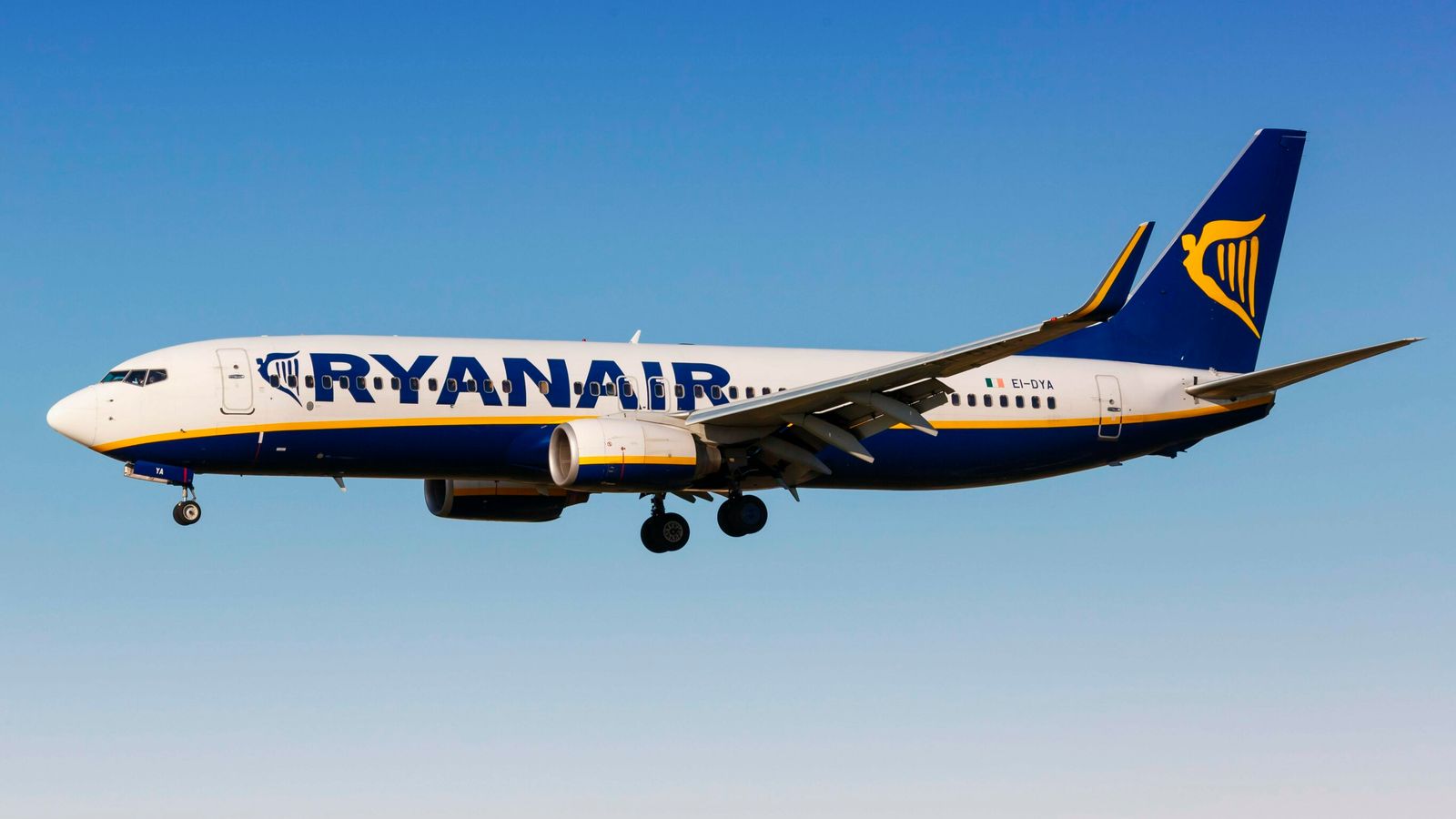Ryanair operating ‘full schedule’ to wildfire-hit Greece as Europe heatwave fails to deter holidaymakers


Ryanair says it is operating a “full schedule” to wildfire-hit Greece including the island of Rhodes as evacuation flights get under way.
The company’s chief financial officer also said, while revealing the airline’s first quarter results, that there had been no surge of cancellations due to the record-setting heatwave hitting southern Europe more widely.
Neil Sorahan said Europe’s largest carrier by passenger numbers had not deemed it necessary to put on additional flights to the Greek island of Rhodes at this time.
Britons wait for rescue flights in Rhodes – as second heatwave looming – live updates
Airlines and tour operators are moving to manage their schedules to best-serve their customers’ needs with Jet2, TUI and Correndon all cancelling flights to Rhodes in the next few days.
Thomas Cook has cancelled some upcoming holidays and is offering other customers full refunds.
Ryanair rival, easyJet, has two repatriation flights due to leave Rhodes later on Monday.
Another is planned for Tuesday.
Mr Sorahan was speaking as authorities in Corfu began evacuations of tourists by sea.
Advertisement
Please use Chrome browser for a more accessible video player
2:35
Greece: Largest fire evacuation
The company said it was keeping a close eye on the situation as it revealed a four-fold increase in profits for its first quarter – the three months to the end of June.
Ryanair profits after tax came in at €663m (£573m).
They were credited to a record number of passengers carried in May and June while average fares were up 42% versus the same period a year ago.
The company remained cautiously optimistic about the outlook, admitting there could be a need to oil bookings by dropping prices ahead of the coming winter due to cost of living pressures.
It trimmed annual passenger growth forecasts to 9% in the year to March 2024 due to continuing delays in the delivery of new, more efficient, aircraft from Boeing.
Mr Sorahan told the Reuters news agency that the situation had improved recently though there were still lags, mostly due to factors outside Boeing’s control.